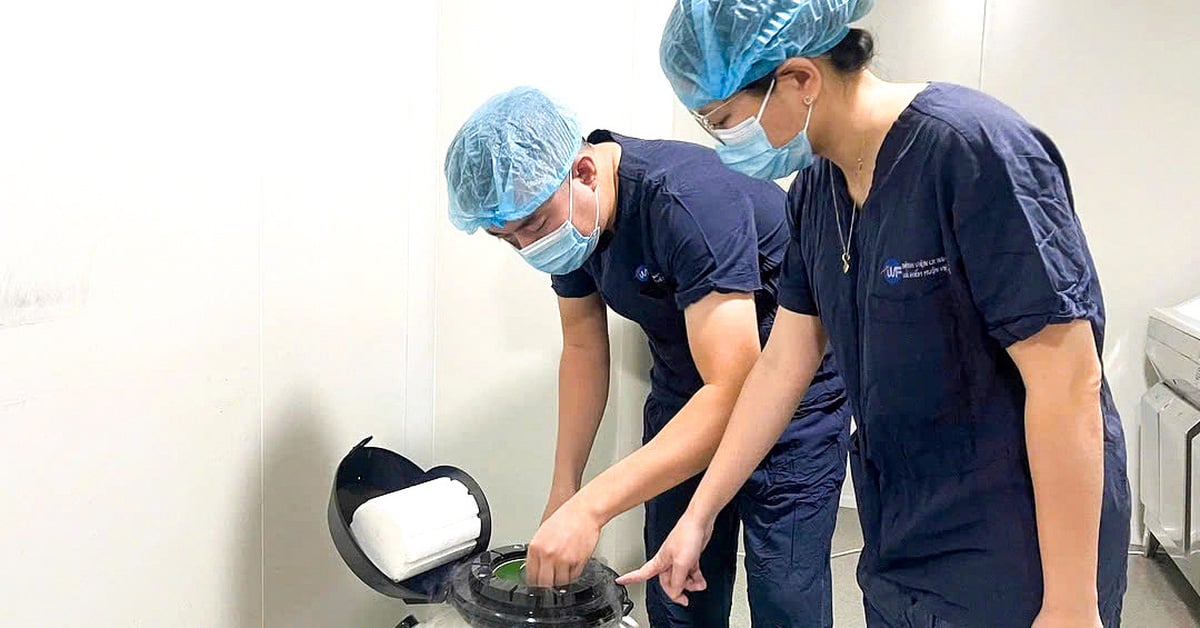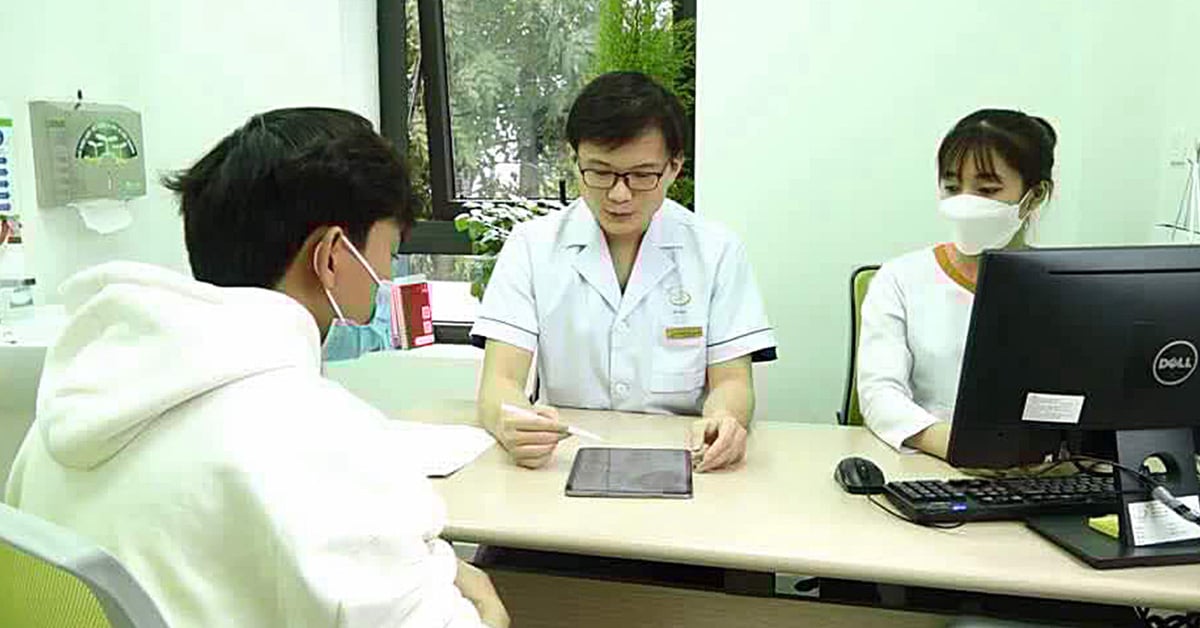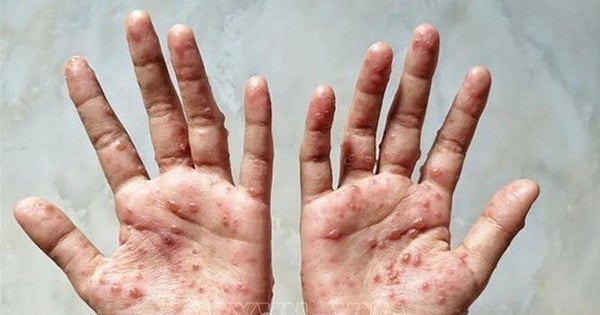Having multiple sexual partners, using condoms is safer, and using birth control pills to prevent disease are common misconceptions about sexually transmitted diseases.
Dr. Phan Chi Thanh, Department of Examination, Central Obstetrics Hospital, said that sexually transmitted diseases, if left untreated for a long time, will cause dangerous complications. However, the symptoms of the disease are not clear and can be easily confused with other diseases. Not to mention, many people are subjective, do not believe they are sick or are afraid to go to the doctor, causing the disease to become serious.
However, "anyone can get an STD," the doctor said. The World Health Organization (WHO) estimates that about one million cases of sexually transmitted diseases (STDs) are reported globally every day.
Doctors debunk common misconceptions about sexually transmitted diseases:
Condoms provide 100% protection
This recommendation is not correct. Wearing a condom actually only covers the penis, while other parts such as the pubic area, scrotum, and groin can still be infected with diseases such as genital warts. Therefore, in addition to wearing a condom, you need to have a healthy sex life and be faithful to one partner.
Have many new sexual partners with the disease
According to doctors, this concept is not complete because there are people who only have one sexual partner but still get the disease due to unsafe sex. If you have many sexual partners, the risk of infection will be higher. This misconception makes many people feel inferior, do not dare to tell the doctor, even hide it from relatives such as wives or sexual partners, leading to many people being "affected".
Vaginal intercourse can transmit the disease
In addition to vaginal sex, other forms of sex such as oral or manual sex also pose a risk of contracting genital warts, herpes sores in the mouth, gonorrhea and chlamydia in the throat. In addition, protective measures for oral sex are not focused on, so many people get sick.
Taking birth control pills
Birth control pills only prevent unwanted pregnancies. To have safe sex, you should use condoms and have a monogamous relationship.
One time sex cannot transmit sexually transmitted diseases
This is a common belief among young people, especially those who have sex for the first time. In fact, doctors have received many cases of disease after only one sexual intercourse, not only gonorrhea, Chlamydia but also many other diseases such as HIV, hepatitis.
Sexually transmitted bacteria and viruses such as gonorrhea and Chlamydia will seriously damage the male reproductive system, causing epididymitis and blockage of the vas deferens, which can cause infertility and affect future fertility.
In women, bacteria can cause inflammation to flow upstream from the vagina to the cervix and then spread to the two fallopian tubes, causing inflammation and blockage of the fallopian tubes. This is one of the causes of infertility in women.
Doctors recommend that the best way to prevent disease is to be monogamous. If you have sex with someone new, learn about their sexual history and discuss it openly. Use a condom every time you have vaginal, oral, or anal sex as a precaution.
Be proactive in getting vaccinated against HPV and hepatitis B. If you are at risk of HIV infection, you should take PrEP for daily prevention according to the instructions of the Ministry of Health. Be proactive in getting regular health check-ups every 6 months to be screened, detect diseases early and receive timely treatment.
Minh An
Source link


![[Photo] General Secretary To Lam receives Japanese Ambassador to Vietnam Ito Naoki](https://vstatic.vietnam.vn/vietnam/resource/IMAGE/2025/4/3/3a5d233bc09d4928ac9bfed97674be98)
![[Photo] A brief moment of rest for the rescue force of the Vietnam People's Army](https://vstatic.vietnam.vn/vietnam/resource/IMAGE/2025/4/3/a2c91fa05dc04293a4b64cfd27ed4dbe)
![[Photo] Prime Minister Pham Minh Chinh chairs meeting after US announces reciprocal tariffs](https://vstatic.vietnam.vn/vietnam/resource/IMAGE/2025/4/3/ee90a2786c0a45d7868de039cef4a712)
![[Photo] Prime Minister Pham Minh Chinh chairs the first meeting of the Steering Committee on Regional and International Financial Centers](https://vstatic.vietnam.vn/vietnam/resource/IMAGE/2025/4/3/47dc687989d4479d95a1dce4466edd32)
![[Photo] Ho Chi Minh City speeds up sidewalk repair work before April 30 holiday](https://vstatic.vietnam.vn/vietnam/resource/IMAGE/2025/4/3/17f78833a36f4ba5a9bae215703da710)
![[Photo] Capital's youth enthusiastically practice firefighting and water rescue skills](https://vstatic.vietnam.vn/vietnam/resource/IMAGE/2025/4/3/3f8481675271488abc7b9422a9357ada)
























































































Comment (0)